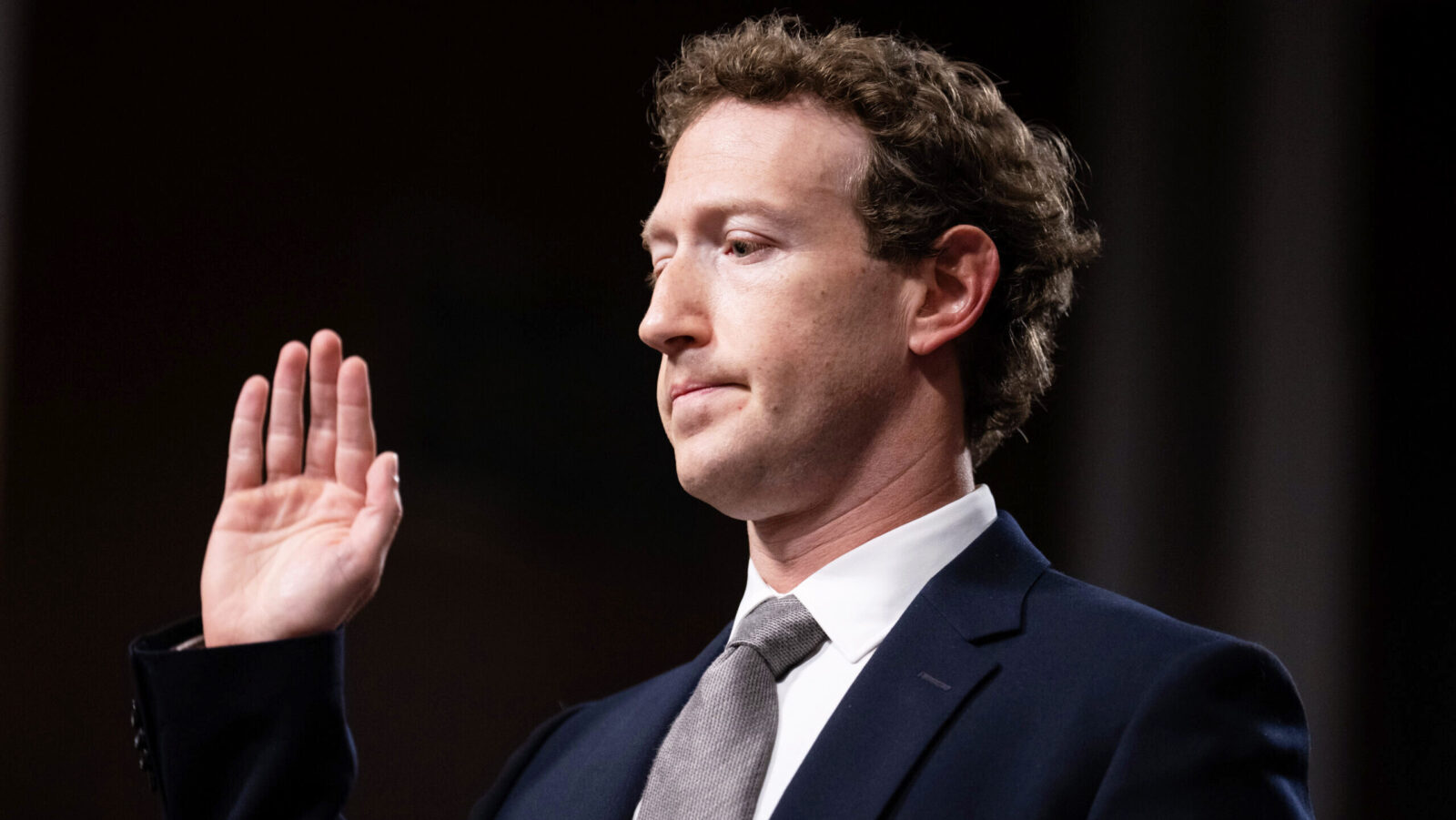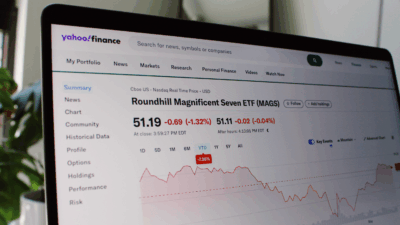
Sign up for smart news, insights, and analysis on the biggest financial stories of the day.
Chicago-based software firm “Basecamp,” long-held as a model workplace among techies, announced last week it was banning political conversations at work. In the ensuing days things quickly got very, well, political.
First, several employees threatened to quit and a handful of politicians expressed outrage. The company then offered no-questions-asked buyouts to its staff of 57 and, as of Friday, more than a third of them had resigned.
Touchy Subjects
For background (and with a smidge of irony) Basecamp offers project management software that helps companies and employees track their project to-do lists, communicate, and share files.
But, despite its commitment to a tight-knit workplace, CEO Jason Fried said “societal and political discussions” had become “a major distraction.” Now, Basecamp is the latest tech company to rein in what managers view as conversations too heated for the office:
- Coinbase CEO Brian Armstrong announced his company was “apolitical” last fall, and at least 60 people, or 5% of staff, chose to resign as a result.
- Google and Facebook, for many years famous for hosting lively internal message boards and town halls for staff to share opinions on almost anything, have both moved to limit political conversations, finding the freewheeling approach to be counterproductive.
Fried Up: On top of reigning in political discussions, Fried said the company would also ban committees, cut benefits such as a fitness allowance, and stop “lingering and dwelling on past decisions.”
“We are not a social impact company,” he wrote, “we’re in the business of making software.”
David Heinemeier Hansson, another Basecamp co-founder, said the company received “an avalanche of supporting emails from executives and employees that work at companies where societal politics are taking over more and more of the domain.”
Try Face-to-Face: Benton Crane, the CEO of digital marketing startup Harmon Brothers, figured out that conversations became more civil after he made employees who wanted to make a political statement record and post a video message internally, rather than through text chat.
“People were much sharper in their tone [on Slack],” he told The Wall Street Journal. “They were less empathetic of who they were communicating with.”











